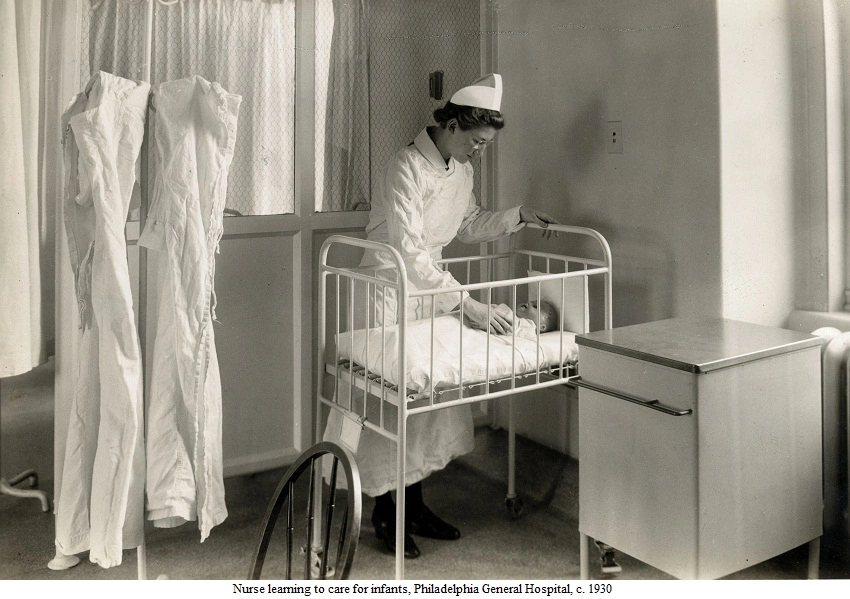Basic Beginnings
Walk into a hospital today and you will witness the culmination of centuries of medical evolution. The professionally staffed, well-equipped centres of medical excellence which we now take for granted would be barely recognisable to those unfortunate enough to have required treatment in the early days of the hospital.
The history of hospitals begins around 400 BCE in Greece and the Roman Empire and was very much associated with the gods and religion. The medical expertise in these places would have been almost non-existent and in many cases pleading to the deities would have been the most likely treatment.
Christian Ideals
As the Christian religion and its ideals spread around the world, the desire to serve led to voluntary establishments which offered rest and shelter to the sick. Still hundreds of years from the arrival of the medical professional, these early hospitals would have been attended to by men of the church. The involvement of religious orders in health care was certainly documented at the time of the crusades and hospitals were often positioned on routes taken by pilgrims.
The Emergence of The Professional
It was throughout the 1800s that hospitals began to become professional centres of treatment. Society began to increasingly acknowledge the importance of properly trained doctors. Interestingly, the first recorded hospital as a place of teaching was in Baghdad in the 900s – Europe lagged significantly in this respect.
The late 1800s saw the greatest leap in technological advancements in the medical profession, which was to transform the hospital forever. It became possible to seek specialist treatments from highly qualified doctors in a relatively clean and professionally run centre. This departure from the voluntary institutions of old was a turning point in the history of hospitals.
The Birth of the NHS
From the changing face of hospitals in the 1800s came increased debate regarding the provision of health care. While medical treatment was becoming more expertly delivered and effective, there were increasing calls for its universal availability. It would not come to fruition until 1948 when, on July 5, the then Health Secretary Aneurin Bevan opened Park Hospital in Manchester under the newly formed National Health Service banner. The new system was free too all and brought hospitals and medical staff together as a single entity.
Specialisation and Private Hospitals
Since the arrival of the NHS, specialist hospitals offering cutting edge medical equipment expert treatments to those with particular health problems, like cancer and mental health issues, have become more common. Furthermore, teaching hospitals are now numerous and help to ensure the future of effective health care.
The beginning of the new millennium brought fresh challenges for the NHS and private hospitals run by profit companies, or non-profit organisations, began to appear with increased frequency. With the NHS often struggling to keep up with demand, the concept of free for all medical care remains on shaky ground and ensures that the history of hospitals will continue to be a story of change.
The History of Hospitals





